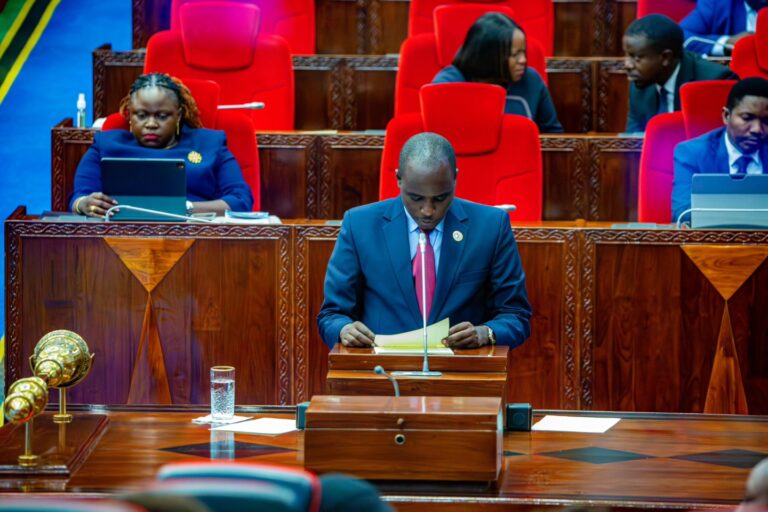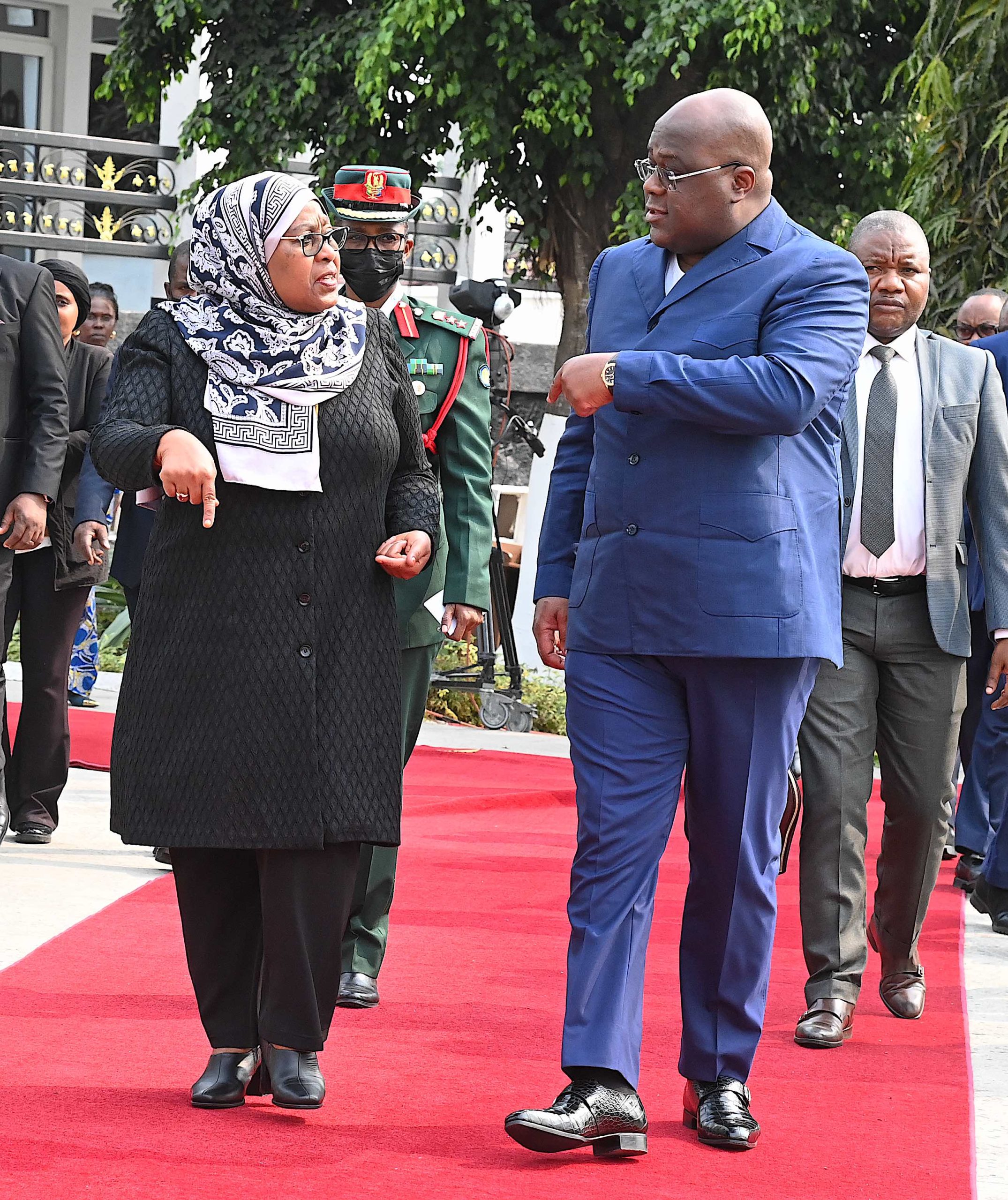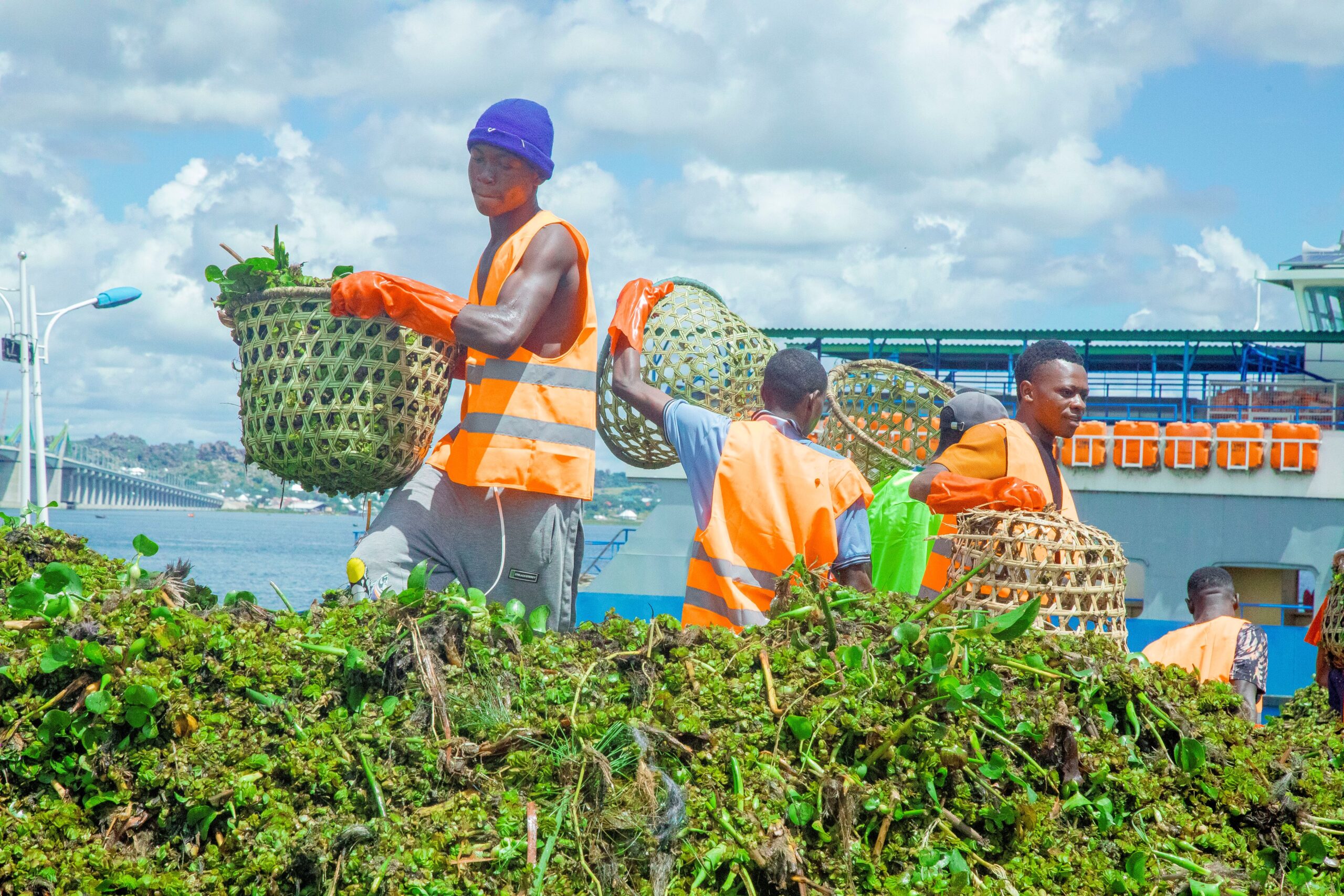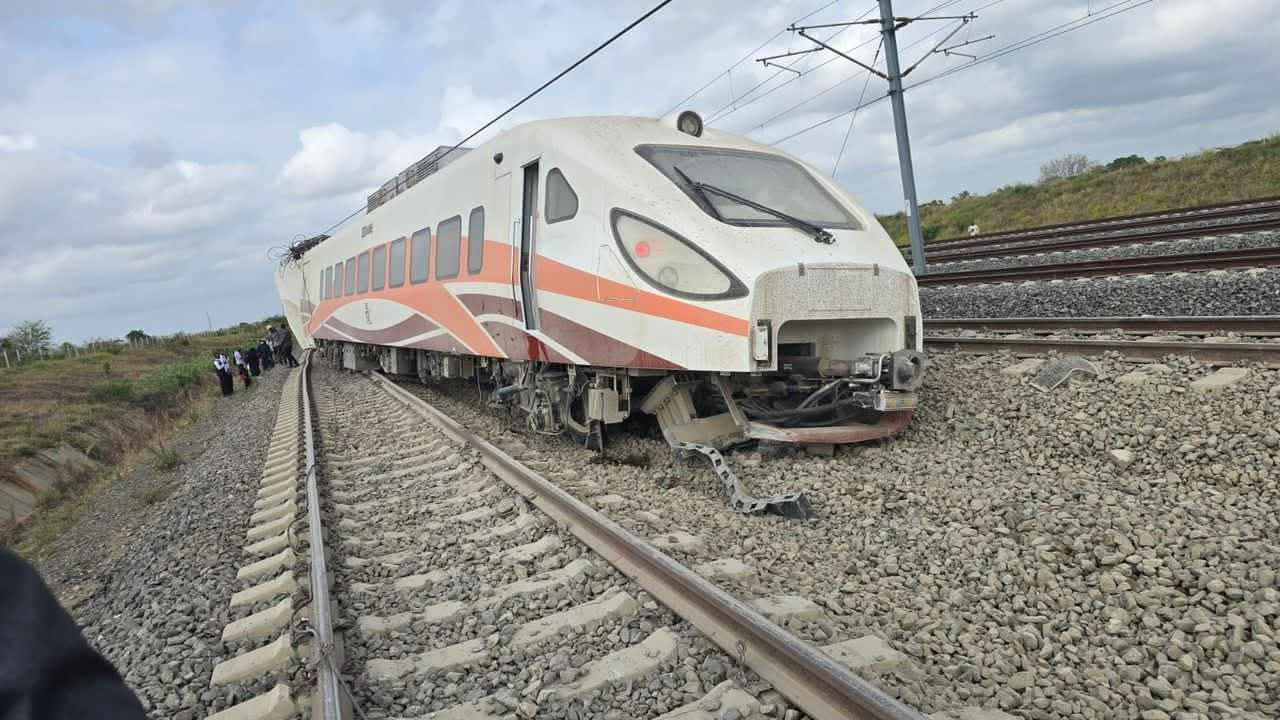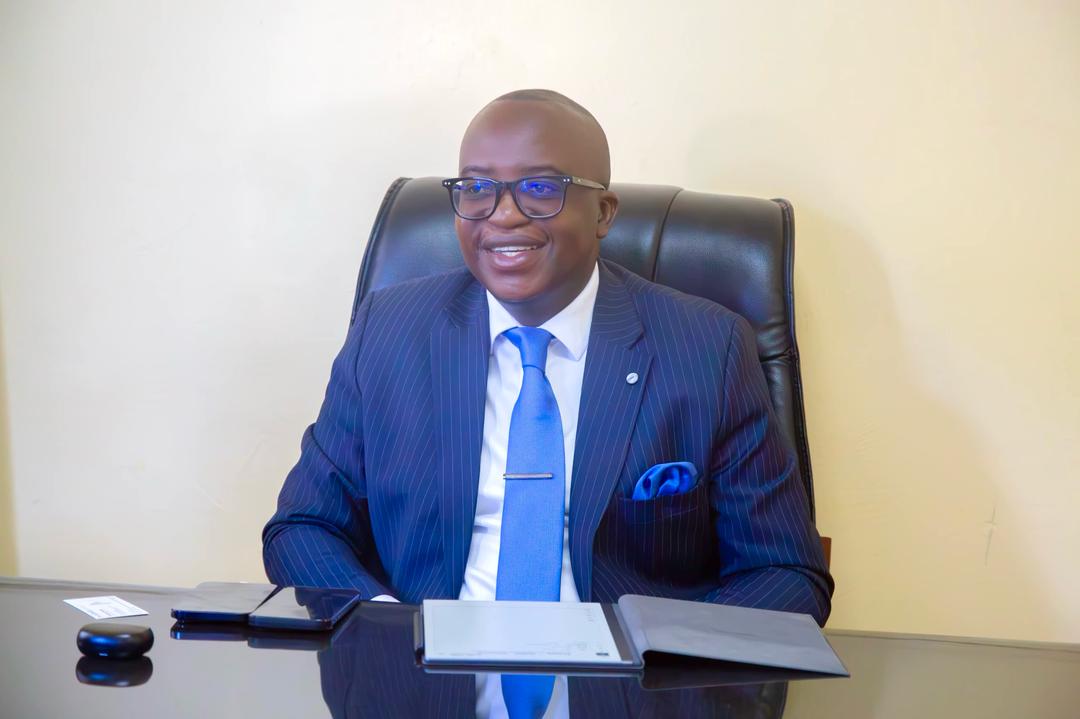Dar es Salaam. The government has tabled a budget proposal of Sh2.25 trillion for the ministry of Energy for the 2025/26 financial year, with a strong focus on expanding electricity access, promoting clean cooking energy, and advancing oil and gas projects.
Presenting the estimates before Parliament in Dodoma on April 28, Deputy Prime Minister and Minister for Energy, Dr Doto Biteko, requested the august House to approve a total of Sh2,246,745,445,000 for the ministry and its affiliated institutions.
Of the total amount, Sh2,167,513,219,000, equivalent to 96.5 percent, has been allocated for development projects.
The remaining Sh79,232,226,000, or 3.5 percent of the budget, is earmarked for recurrent expenditure, covering other charges (Sh69,932,306,000) and salaries (Sh9,299,920,000) for ministry staff and the Petroleum Upstream Regulatory Authority (PURA).
Domestically sourced funds account for Sh1,466,020,274,000, while Sh701,492,945,000 will be secured from external sources.
Dr Biteko said the ministry will, during the 2025/26 fiscal year, intensify efforts to strengthen the generation, transmission, and distribution of electricity.
Among the key priorities will be connecting the remaining regions of Rukwa, Kagera, Lindi, and Mtwara to the national grid.
“The ministry will also commence the implementation of the National Energy Compact 2025–2030, which aims to increase access to electricity for citizens, promote the contribution of renewable energy sources to power generation, and encourage greater participation of the private sector in energy sector development,” Dr Biteko noted.
He noted that the government remains committed to ensuring a reliable electricity supply to spur socio-economic development.
To this end, the National Grid Stabilisation Project will continue, alongside ongoing maintenance and rehabilitation of electricity generation facilities.
Expanding energy access to sub-villages, mining areas, agricultural zones, industrial parks, water pumps, and health centres also features prominently in the ministry’s plan.
These efforts are intended to facilitate productive activities and improve service delivery for citizens.
Furthermore, the ministry will intensify campaigns to promote the use of clean cooking energy, in line with the recently launched National Strategy for Clean Cooking Energy (2024–2034) and the National Energy Compact.
It will also support the construction of fuel stations in rural areas to enhance the availability of petroleum products.
On the oil and gas front, the government will pursue exploration, development, and distribution initiatives, with flagship projects such as Mnazi Bay North, Eyasi–Wembere, and the Liquefied Natural Gas (LNG) Project being given priority.
Implementation of the East African Crude Oil Pipeline (EACOP), running from Hoima in Uganda to Tanga in Tanzania, will also continue.
Efforts will also be directed at ensuring national petroleum product security, enhancing the use of compressed natural gas (CNG) in vehicles, and strengthening regulatory oversight in the energy sector.
The government plans to boost local participation in the sector, strengthen institutional capacity, and provide tools and resources to improve efficiency and productivity.
Key institutions under the ministry, including TANESCO, REA, TPDC, PBPA, EWURA, and PURA, along with their subsidiaries, will also be supported to enhance service delivery, efficiency, and operational performance.

